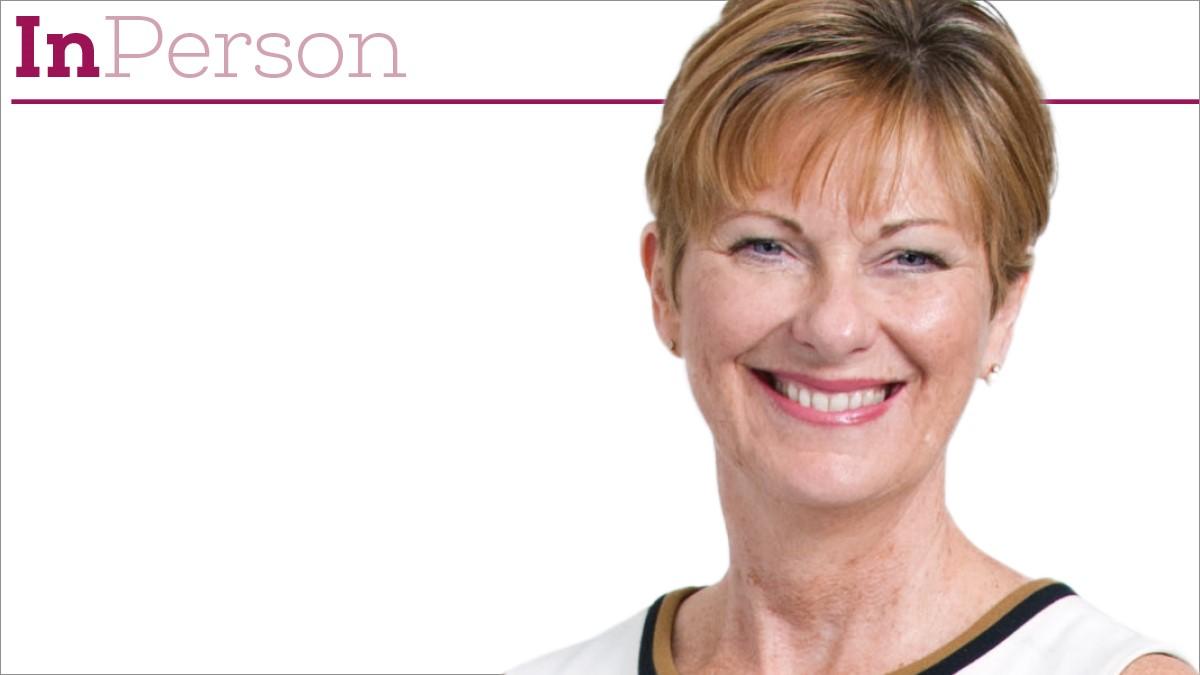Karen Middleton addresses the students out there just starting their career - and those who will employ them

At the CSP, our third group of physiotherapy students are on placement – that’s 12 students who have been with us recently for either four or six weeks. This has required significant work from CSP staff – and not just staff who are physiotherapists!
Each student has had the offer of two mentoring sessions with me and I have been both inspired and impressed. An unintended consequence of these placements is the significant impact the students have had on CSP staff.
And I am very confident about the future of the profession in these individuals’ hands.
But I have seen commentary about this sort of placement – no clinical interventions taught; not a patient in sight; no hands-on practice…but compared to when I trained (I qualified in 1985) these students are much better equipped than I ever was. And I have conveyed this important message to the students who have spoken about a lack of confidence about getting their first job.
These students may not have done every clinical placement in every clinical speciality, but rather than qualifying with a list of interventions for ‘every’ condition, they have a set of skills to apply to any given situation they will face. I certainly was not prepared to do that. I remember seeing patients that didn’t ‘fit’ or where such and such intervention that was meant to work did not – and I was stumped by what to do next.
Skills learnt or honed on placement at the CSP include critical analysis; problem-solving; data-analysis; communication with a wide-range of people; what equality, diversity and belonging is and can deliver; project management; multi-disciplinary working; and I could go on. It is these broader skills that make a well-rounded clinician, and all students should feel very confident that they have the skills needed in healthcare delivery today.
Students, you may feel you’ve had less hands-on time with patients but it is the quality of the placement rather than the quantity that matters most. Because of the pandemic, you may have had different experiences to bring to clinical situations you will face. You may have developed more compassion as a person and you will have had to deal with ambiguity about what is happening, and learn to be agile and adaptable. So students, be confident about what you bring to the start of this wonderful career.
And employers – look beyond the number of clinical placements and the clinical practice of applicants. You have the knowledge to share the interventions they’ve missed and you’ll spend less time developing the difficult attributes that they have learnt on non-clinical placements. They might also teach you a thing or two!
- Contact Karen to discuss this or any other issues at enquiries@csp.org.uk
Number of subscribers: 1




































